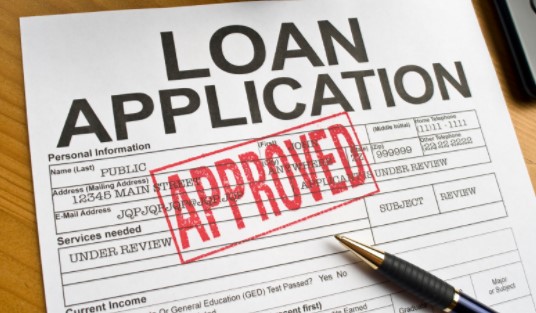Personal loans can be a relatively simple way to earn extra money. One excellent use of personal loans is to pay off high-interest debts, such as credit card debt. If you can get a personal loan with an interest rate of 7 to 10% and use it to pay off credit card debt that has an interest rate of 19 to 26%, you will improve your overall financial situation.
Unlike secured loans, such as mortgages or home equity loans, unsecured personal loans will not reach the lowest possible level of borrowing. But it can still be a good loan vehicle to use when you do not want to get a loan on bail, or if you do not have the option to do so.
Local Bank or Credit Unions
With the advent of the Internet, the source of the loan has grown far beyond just your local bank or credit union. A bank branch or a local credit union where you do your regular banking will most likely be your best bet to find the lowest interest rate on personal loans. Meet with loan officers directly provides an opportunity to discuss loans and review your overall financial overall. The loan officer at your local bank may be able to suggest alternative ways to earn extra money, such as a line of credit. If the loan officer knows you personally, he will most likely give you the benefit of the doubt if you actually agree to the request.
Dealing with local financial institutions will also give you the cash you are looking for in the shortest period of time. It is even possible to enter, apply for a loan and walk out with the money. Banks also typically offer more flexible loan terms than online sources, such as peer-to-peer lenders. One of the major negative factors in dealing with traditional banks is that they usually have the highest creditworthiness standards to meet, often requiring a minimum credit score of 700.
LPS Online Peer-to-Peer
Online peer-to-peer lenders such as Prosper and Lending Club have become increasingly popular. It takes a little longer - up to a week or more - to get a loan, but these online lenders are generally easier to borrow with imperfect credit. The typical credit score cut is around the 640 level, and some lenders consider borrowers with credit scores as low as 600. Interest rates should be comparable to, and perhaps slightly lower than you can get from traditional banks. There may be some flexibility in payment terms, but most online lenders tend to offer fixed-term loans, and the terms are often shorter than you can do to negotiate with the bank. While traditional banks may extend loans for five years, online lenders rarely lend more than three years.
To apply for a loan on one of these sites, sign up for this site and fill out the loan application, just as you would with a traditional bank. Most peer-to-peer lending sites require that you pay a loan origination fee, typically in the range of 0.5 to 4.5% of the loan amount.
Payday or Cash Advance Lender
This is a place to get a personal loan, and this is useful for borrowing money in very limited amounts in a very short period of time, usually one to two weeks. However, if your credit is not the best and you just need to borrow enough money to cover a large bill, such as rent or electricity, this lender gives the option. However, the price is very steep. Expect to pay back up to 125% or more of what you borrow, and that's just for a salary loan. If you access this type of online lender, expect to pay a hefty loan origination fee as well. The only thing positive for this type of loan source is that you can immediately ensure the loan and that they usually only need proof of income rather than checking your credit score.
Tips for Getting the Best Loan Deal
A credit score is very important in determining the interest rate you can get for a personal loan, so anything you can do to improve your score before applying is worth the effort. It also helps if you pay your credit card balance or other outstanding loan balance as far as possible before applying. Make sure you have all the necessary information with you for loan applications, including W-2 forms or salary stubs, address verification and documentation of all your monthly debt obligations.

Comments
Post a Comment